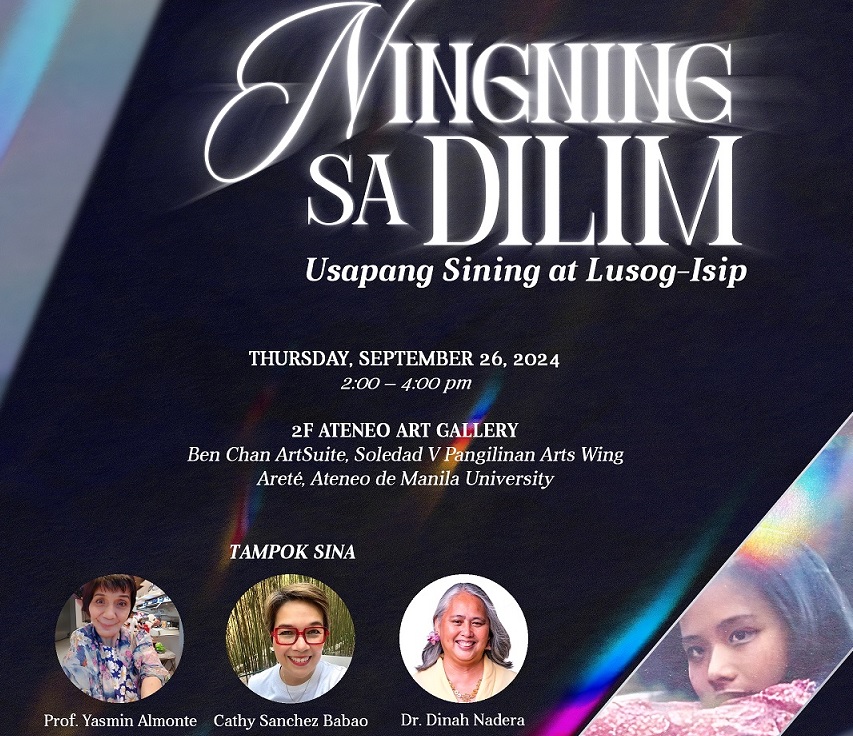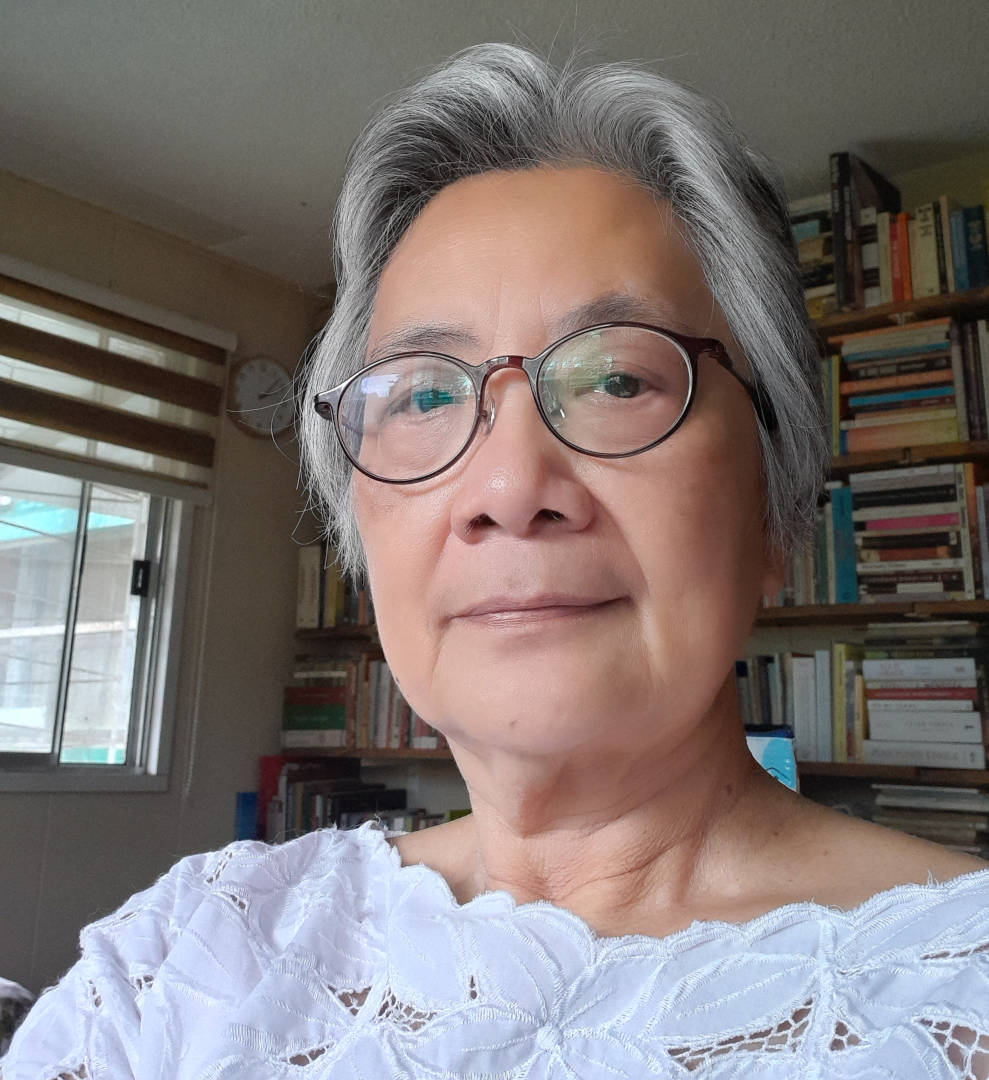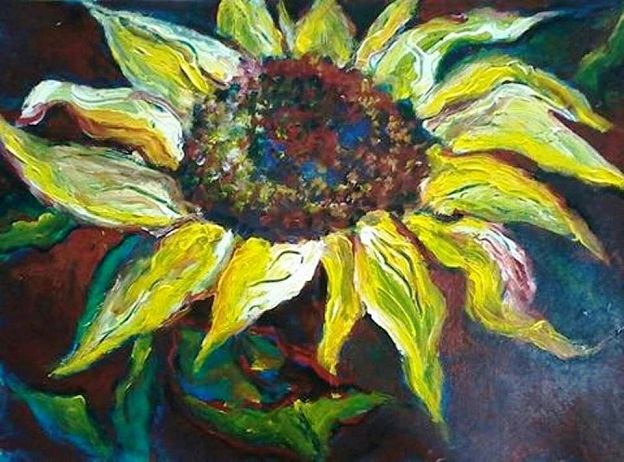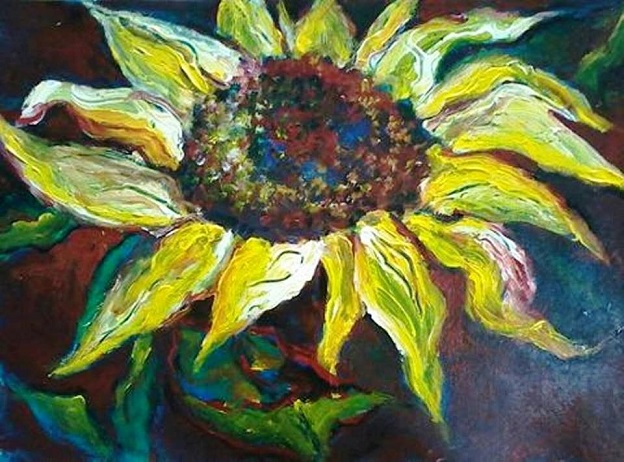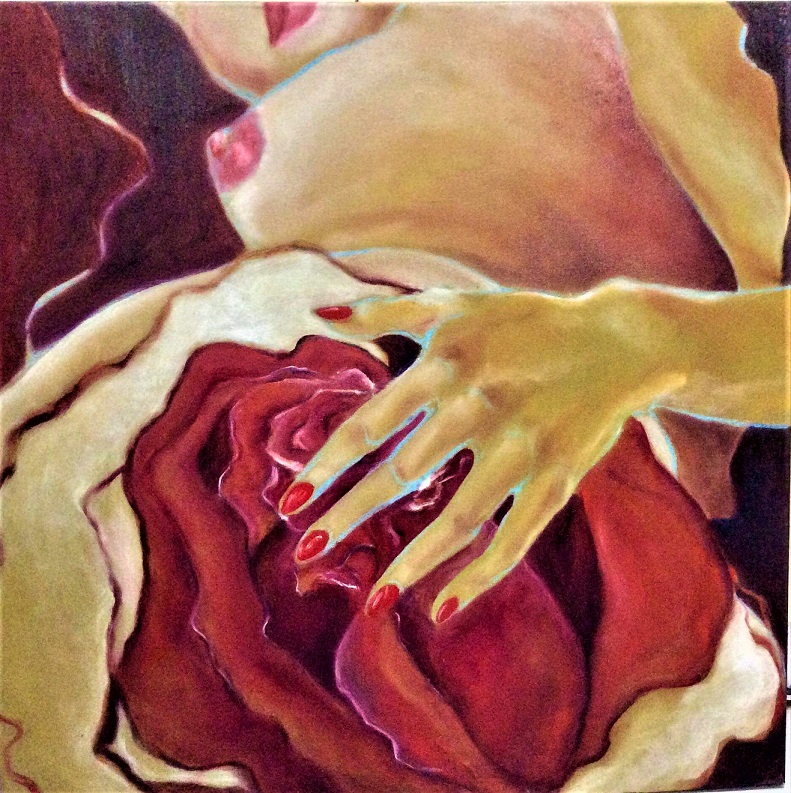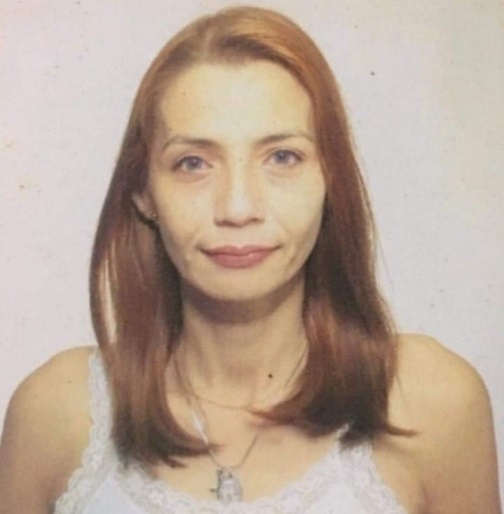The 23-year-old Maningning Miclat Art Foundation Inc. (MMAFI) is veering away, just for this year, from its poetry and painting competitions that have given young writers and visual artists a much-needed boost through prizes and exposure.
On Sept. 26, the foundation will hold a timely forum called “Ningning sa Dilim: Usapang Sining at Lusog-Isip” or Light in the Darkness: A Conversation on Art and Mental Health at 2 p.m. on the second floor of Arete (Ateneo Art Gallery), Ateneo de Manila University, Katipunan Ave., Quezon City.
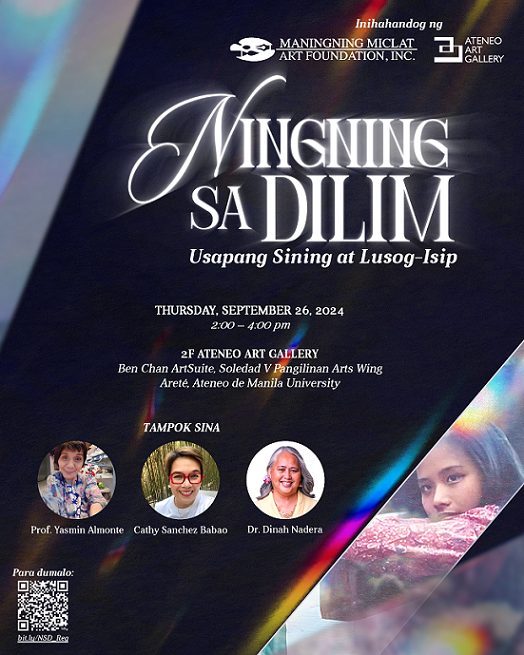
Banaue Miclat, foundation executive director and younger sister of the late Maningning, recalled how the organization started in 2001 with the launching of a poetry anthology Beauty for Ashes: Remembering Maningning.
The following year, it restored Maningning’s 8 feet x 44 feet mural entitled “Soliloquy.” The work was eventually exhibited at the Cultural Center of the Philippines, curated by University of the Philippines fine arts Prof. Nestor Vinluan. At the same time, the hardbound edition of Maningning’s trilingual book of poetry, Voice from the Underworld, was launched. (Maningning Miclat was a gifted poet, visual artist and teacher who took her own life in September 2000.)
The younger Miclat sister, a speech and theater arts professor at UP Diliman, said, “We did not think about how long MMAFI would last. We just held on to faith that for as long as we could inspire young artists to write and create artworks, partnerships with various institutions, donations from friends and family and sponsorships from companies poured in and helped us to hold our annual events.”
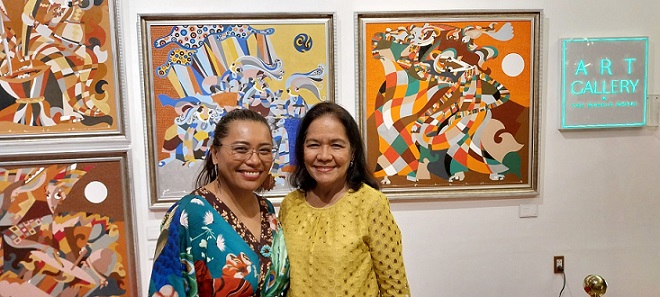
Through two decades, MMAFI has had winners in poetry and eight winners in painting. Miclat shared the impact of the Maningning prizes on two persons. She quoted winner Dexter Mulato Sy as saying that the award helped him realize that he could have a career in the visual arts (https://www.youtube.com/watch?v=y7EcS3sT_-E, Time Stamp 5:03-5:14). Two-time poetry winner Mikael de Lara Co said the awards “opened avenues for me to write professionally” (https://www.youtube.com/watch?v=y7EcS3sT_-E, Time Stamp 05:15-05:43).
Miclat continued, “We have also received personal feedback about how the awards helped young artists to be recognized in the art world because the foundation caters to poets and visual artists 28 years old and below.”
From 2020 to 2021, MMAFI was unable to hold the awards due to the COVID-19 pandemic. Miclat said, “Because of the pandemic and the toll of the lockdown and restrictions on people’s mental health, we wanted to ease into the return of the awards by first having a forum on visual artists and mental health. We want to support the young visual arts community by letting them know that they are not alone and that we are part of systems in place that would ensure that they have a voice in the arts world.”
Resource persons at the Ateneo event are retired fine arts Prof. Yasmin Almonte, who continues to paint and exhibit and is now a full-time grandmother, Ms. Cathy Sanchez Babao, a grief counselor, and Dr. Dinah Palmera Pacquing-Nadera, a teacher at the Ateneo School of Medicine and Public Health.
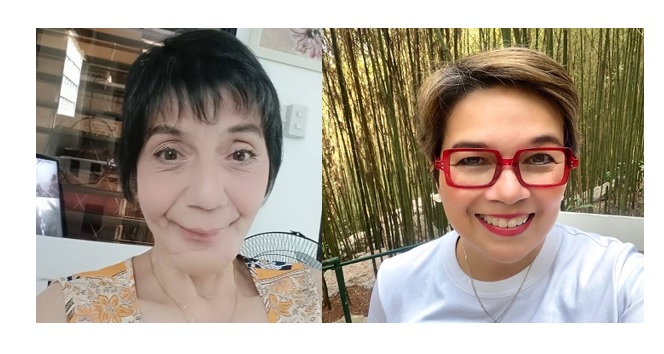
Almonte explained why one had to be mentally sound in order to create. She said, “To the visual artist, mental health is very important. It involves one’s physical, emotional and social well-being. Our mental health shapes how we think, feel and react to our surroundings and the people in our lives.”
Speaking for herself, she said, “Art-making heals me. Creating new works alleviates depression, anxiety and loneliness. Art for me is very therapeutic. I can weep without shedding tears.
I get to forget my feelings of sadness whenever I paint. I get ‘lost’ in the moment of creation.
Through art, I can turn something ugly into that which is aesthetically, and creating something that is beautiful gives me great joy.”
Babao, a grief, loss, and transitions coach with four books to her name, two of which are on grief, said, “Grief can be a portal to one’s creativity. Using creativity to cope during a difficult period in one’s life, such as an experience of grief due to the loss of a loved one, makes a hard time much more bearable.”
She continued, “The psychologist Salvatore Maddi calls it transformational coping. Creativity is an adjunct to therapy or medical care. It supplements the other healing modalities in the pursuit of wellness. Creativity helps us cope through stress reduction. In the process of creating, the difficult time becomes more tolerable, and we increase our hardiness and develop resilience.”
